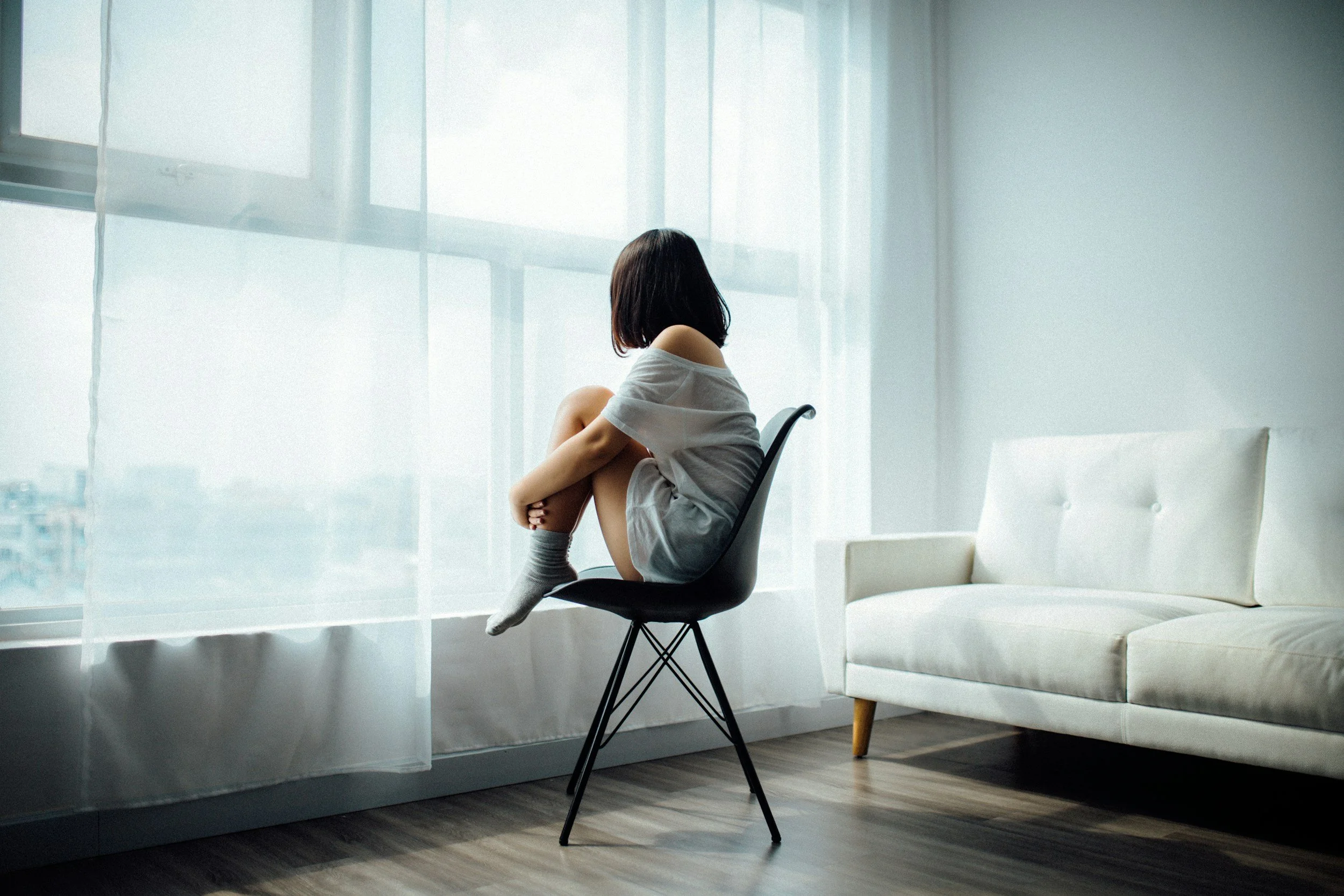Depression in Women: A Homeopathic Perspective on Healing
Understanding the Many Faces of Depression
Depression can affect anyone, but in women, it often has a unique shape. Hormonal fluctuations across a woman’s life—puberty, menstruation, pregnancy, postpartum, perimenopause, and menopause—play a significant role in shaping emotional health. At the same time, social roles, relationship dynamics, work expectations, caregiving responsibilities, and inner emotional pressure can add layers of complexity. Some women I work with speak of a persistent sadness they can’t explain. Others feel anxious, overwhelmed, emotionally flat, or just not themselves. For many, it’s not a dramatic crash, but a quiet, creeping weight that makes everyday life feel heavier. I believe this deserves serious attention—and a caring, personalized response.
When Symptoms Are Not Just “In Your Head”
The symptoms of depression vary widely. Some women feel deeply sad or hopeless. Others become irritable, restless, or withdrawn. Many experience low energy, difficulty concentrating, disrupted sleep, or physical symptoms like headaches, muscle tension, or digestive complaints. Appetite can change, and so can the menstrual cycle. Some women lose interest in intimacy, creative work, or social connection. Often, there’s a strong sense of guilt or self-judgment, even when nothing is “wrong” from the outside. These are not signs of weakness—they are real and valid signals from the body and mind asking for support.
The Homeopathic Approach to Emotional Healing
What I love about homeopathy is its commitment to seeing the whole person. When a woman comes to me with symptoms of depression, I don’t just ask about her mood—I ask about her energy levels, physical symptoms, life history, emotional reactions, relationships, and more. I want to understand what her experience of depression feels like, how it started, what makes it better or worse, and how she has responded to stress throughout her life. Based on this picture, I choose a remedy that matches her constitution. This remedy is not meant to numb or suppress her feelings, but to gently stimulate her system to find its natural balance again.
Common Remedies, Always Individualized
While every prescription is personalized, there are a few remedies I often consider when treating depression in women:
Ignatia amara is often indicated when depression follows grief, heartbreak, or emotional shock. There may be sighing, mood swings, and a lump-in-the-throat feeling.
Sepia may help women who feel emotionally flat, irritable, and overwhelmed by daily responsibilities. It is often useful when hormonal shifts play a strong role.
Natrum muriaticum is for women who carry their sadness inward. They may present as capable and self-contained, but have difficulty expressing grief or asking for help.
Pulsatilla may suit women who feel emotionally sensitive, clingy, or weepy, and whose moods change frequently.
Aurum metallicum is for deeper depressive states, often accompanied by self-criticism or a sense of failure.
These are just a few examples—there are hundreds of possible remedies. My job is to find the one that resonates most clearly with the whole person sitting in front of me.
Creating a Healing Space
Healing from depression is not just about taking the right remedy—it’s also about being heard, seen, and understood. In our sessions, I provide a space where you can express yourself without judgment. We talk about how you feel physically, emotionally, and spiritually. We look at your rhythms, habits, challenges, and hopes. I believe that healing happens through connection—both with your own inner self and with others who truly listen.
Supporting Lifestyle Shifts
While homeopathy is at the core of my approach, I also recognize the importance of lifestyle support. Gentle movement, time in nature, rest, nourishing food, and connection with others all contribute to emotional well-being. I may offer suggestions for supportive practices or help you recognize patterns that no longer serve you. Sometimes, just acknowledging the pressure to “do it all” can bring immediate relief. You don’t have to carry everything alone.
Taking the First Step
If you’re struggling with depression—whether it’s mild, moderate, or deeply persistent—I want you to know that change is possible. Homeopathy offers a respectful, natural, and holistic path forward. It does not cover up your symptoms, but helps you reconnect with your resilience and inner strength. You are not broken. You are not alone. With time, care, and the right support, it is absolutely possible to feel like yourself again—maybe even more grounded and whole than before.

